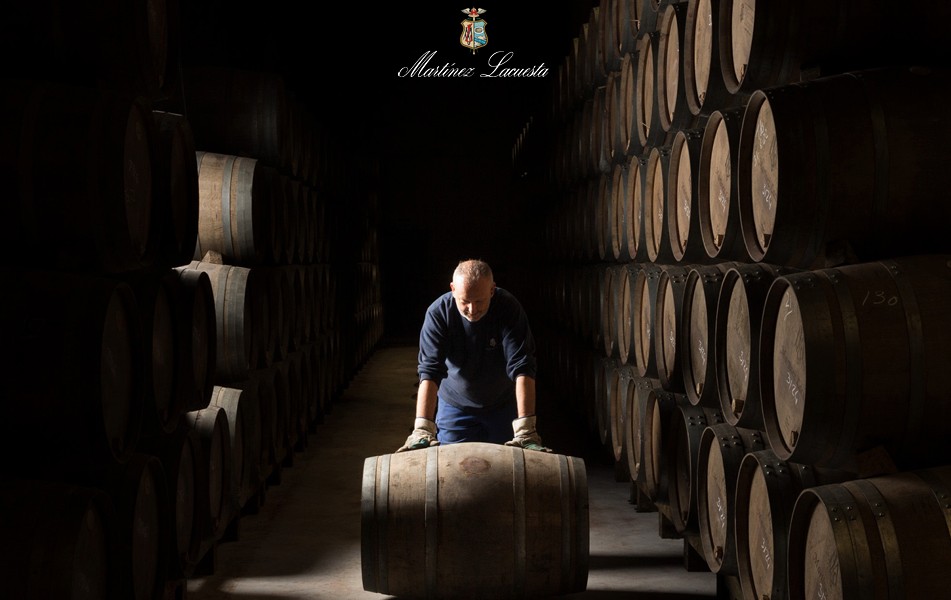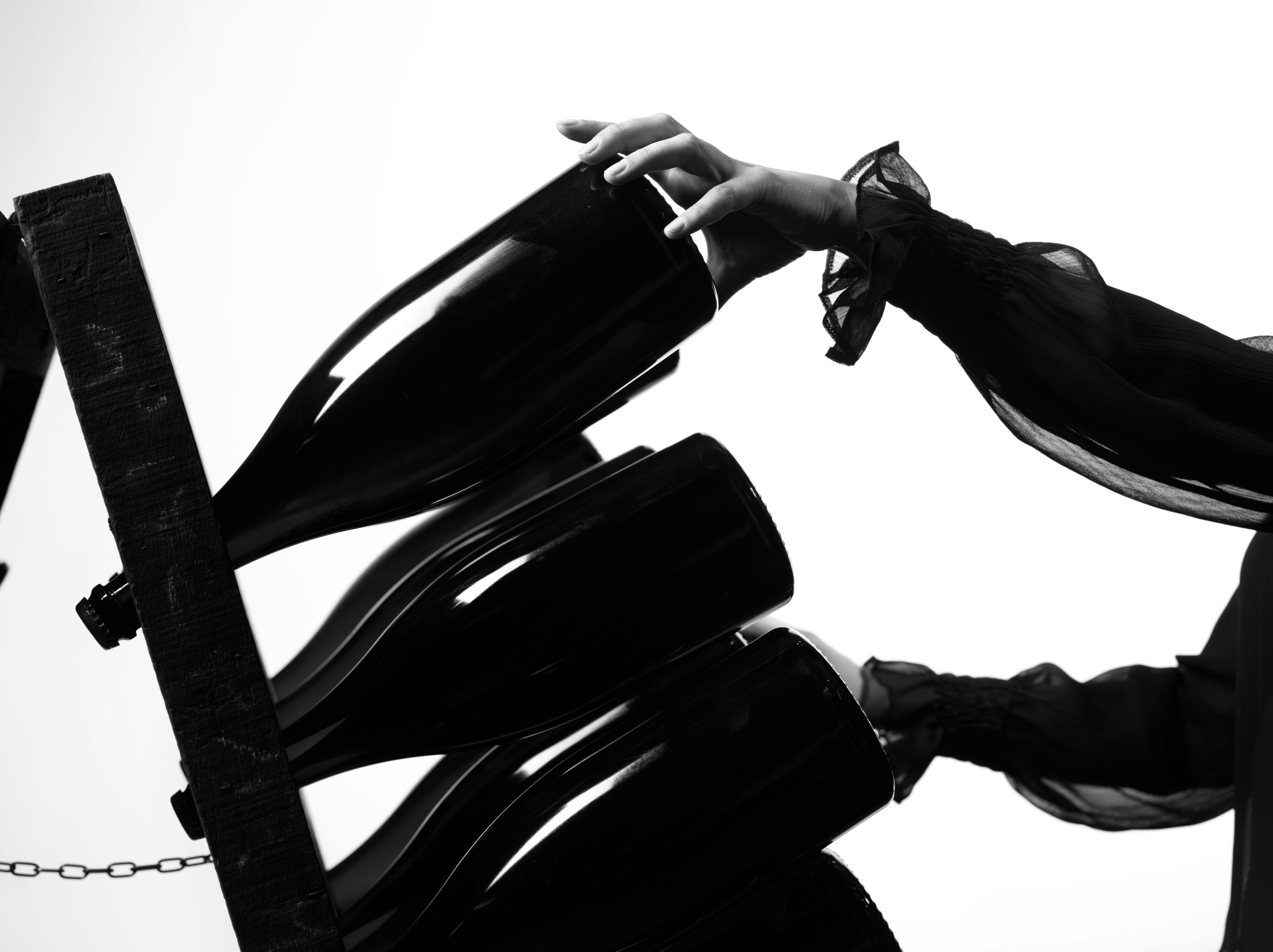Carbon dioxide shortage threatens beer supply
A shortage of food-grade carbon dioxide is threatening the supply of beer, soft drinks and packaged meats in Europe following the closure of a number of production plants across the continent.
As reported by Gas World, the supply of food-grade carbon dioxide in Europe began to be put under pressure in April due to “the ‘usual’ turnaround of maintenance procedures in ammonia plants”. However, the situation was compacted and has become “critical” after other plants were also closed following technical issues.
According to the publication, the UK appears to be the “hardest hit” with only one large-scale CO2 plant currently operating.
Brigid Simmonds, chief executive of the British Beer and Pub Association, said: “We are aware of a situation affecting the availability of CO2 across Europe, which has now started to impact beer producers in the UK.
“We have recommended our members to continue to liaise with their providers directly where they have concerns over supply.
“We will continue to monitor the situation carefully. However, given the time of year and the World Cup, this situation has arisen at an unfortunate time for the brewing industry”.
While CO2 is a natural byproduct of the fermentation process and can be captured so that beers are ‘naturally carbonated’, it is also used to flush out oxygen in the bottling and canning process as well as to create pressure in kegs so that beer is forced out of the containers. Pubs often dispense beer by using a 60/40, a mixture of 60% carbon dioxide and 40% nitrogen. The exception are cask or real ales that should never have gas added to them.
C&C owned distributor Matthew Clark has also released a statement on its website: “While it’s too early to tell how the shortage will affect the availability of specific products, as part of our commitment to you, we will continue to keep you updated as the situation develops. Should you have any queries, our account managers and contact centre staff are close at hand to assist. In the event that you experience difficulties sourcing a product through Matthew Clark, please contact your account manager who will be able to suggest replacement products”.
Partner Content
Meanwhile brewing giant ABInBev, the maker of Stella Artois, Budweiser and Corona, told the Grocer that it keeps its own stocks of CO2 which it recovers from the brewing process, meaning that it’s less reliant on outside sources.
The brewer added: “Currently our supply across both our breweries is good and we’re not anticipating any issue in the near future”.
Brand and communications manager at Beavertown Brewery, Sam Millard, also told i News: “It’s going to affect everyone. We’re all very heavily reliant on CO2 not just as part of the brewing process but also as part of the packaging process.
“[The CO2 shortage] has hit at absolutely the wrong time of year – the height of summer and the World Cup is when people want to be down the pub, drinking beer, or they want to get cans to take home. We can modify our processes for this week which will see us through…but if it goes on any longer than that then we’ll just have to halt packaging,” he added.
Tom Stainer, the Campaign for Real Ale’s chief communications officer, however, insists that real ales will be “completely unaffected”.
He said: “Beer drinkers concerned about the supply of beer this summer can rest easy. There are plenty of fantastic real ales, ciders and perries that will be completely unaffected by the impending CO2 shortage. Real ales are naturally carbonated by live yeast that is left in the bottle or cask, and are therefore “living products” compared to keg beers, which artificially inject CO2 into the brew for carbonation. In addition, real ciders and perries are naturally still, making them a refreshing beverage choice in the summer heat. We would encourage anyone who’s looking forward to their next pint to take this opportunity try a real ale or a thirst-quenching cider or perry instead”.





Surely real ale pulled through a beer handle does not need gas? If this does wonders for sale of proper beer that is great news!